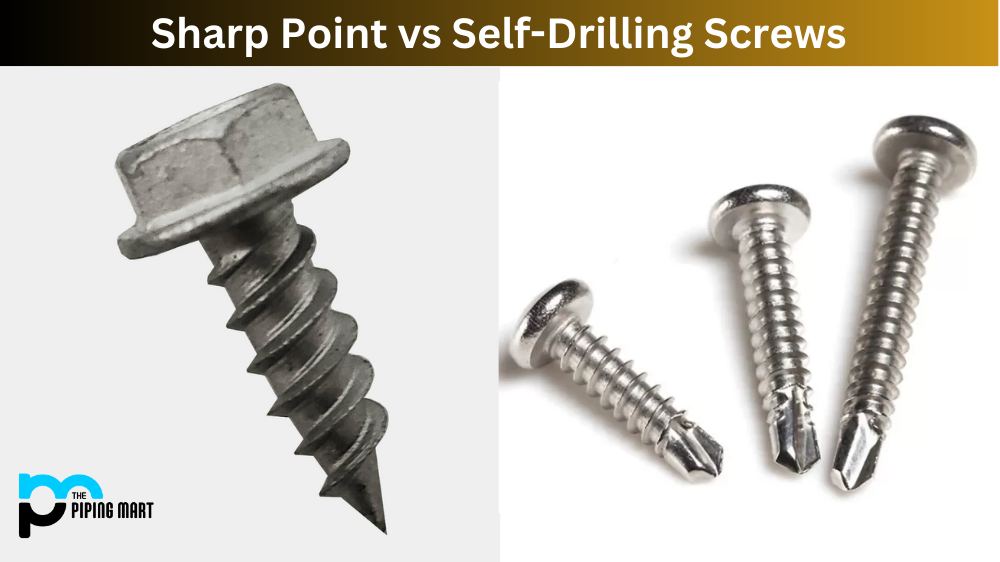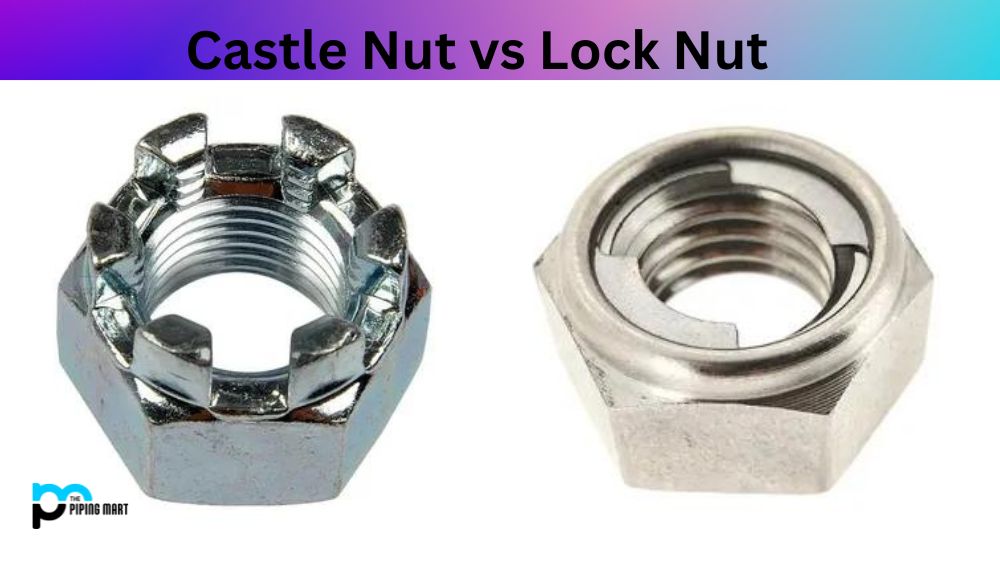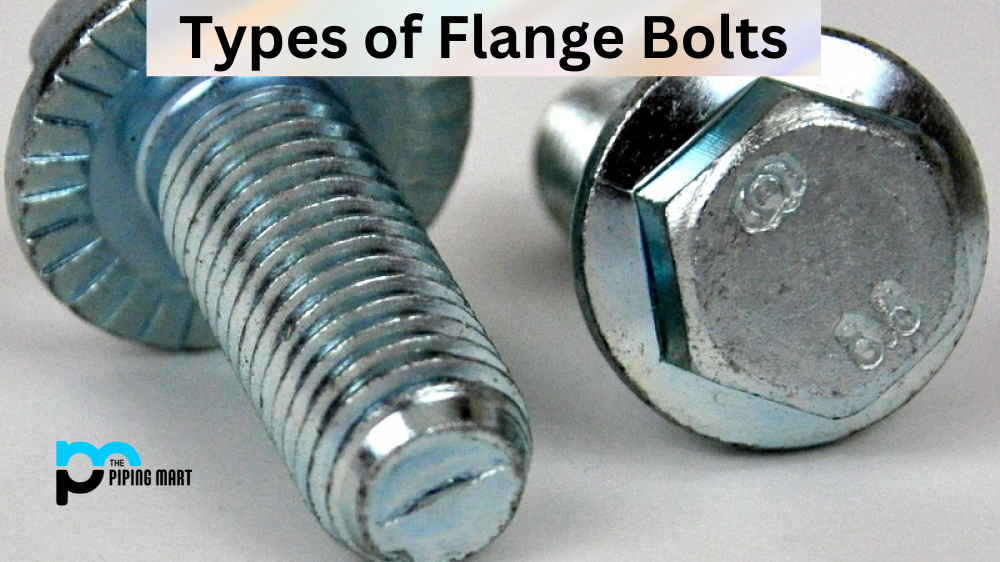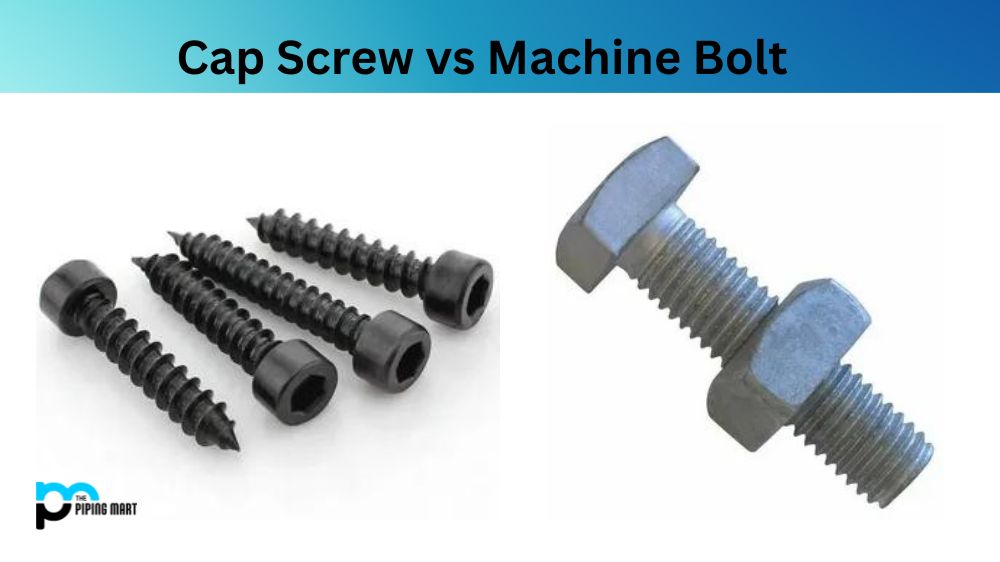Regarding fastening materials, two types of screws come to mind: sharp point screws and self-drilling screws. Both have distinct benefits and may be better suited for different applications. But how do you know which one to choose? In this post, we’ll delve into the differences between sharp point screws and self-drilling screws and provide insights on when to use which.
Sharp Point Screws
Sharp point screws, also known as pointed-end screws, have quick tips and require a pre-drilled pilot hole before inserting them into a material. They’re typically used in wood, metal, and plastic materials. Short-point screws have a firm grip on the screw head, and because of the pre-drilled hole, they’re more likely to be positioned correctly for an even stronger hold. They’re also less likely to crack the material, as the pre-drilled hole distributes the screw’s force more evenly. Sharp point screws are an excellent option for various materials and tasks, from building furniture to hanging picture frames.
Self-Drilling Screws
On the other hand, self-drilling screws have a unique feature that eliminates the need for a pre-drilled hole. They have a sharp tip that allows them to drill into the material, creating the spot as the screw is inserted. Self-drilling screws have a firm grip and are excellent for stricter materials like thicker metals. They’re also convenient when drilling a hole first is not feasible due to lack of access or time. Self-drilling screws are typically used in drywall installation, automotive, and HVAC systems.
Difference Between Sharp Point and Self Drilling Screws
Two main types of screws are used for fastening metal to metal: sharp point screws and self-drilling screws. Both types of screws have advantages and disadvantages; your style should be based on the specific application.
When looking at the differences between these two screws, it’s essential to consider the materials you’re working with, the task at hand, and the accessibility of the material. Sharp point screws excel in wood, metal, and plastic materials, requiring a pre-drilled hole. Self-drilling screws, however, are ideal for more rigid materials requiring a spot to be created during installation.
Another factor to consider when choosing between these two screws is the appearance of the screw after installation. Sharp point screws offer a traditional look, with the screw sitting flush with the material surface. Self-drilling screws tend to slightly bump where the screws have drilled and fastened the material. This bump may not be aesthetically appealing in some situations, and it’s crucial to consider if you’re going for a particular look.
Advantages of Sharp Point Screws
Sharp point screws are ideal for applications where a high degree of precision is required, such as in electronics or when working with small parts. Strong point screws also start easier than self-drilling screws and are less likely to “cam out”, which can damage the workpiece.
Advantages of Self-Drilling Screws
Self-drilling screws are ideal for applications where speed is more important than precision, such as in construction or when working with large parts. Self-drilling screws also require less torque to install than sharp point screws, which can save time and energy. Additionally, self-drilling screws are less likely to strip the threads when installed.
Disadvantages of Sharp Point Screws
Sharp point screws can be more difficult to start than self-drilling screws, and they are also more likely to “cam out”, which can damage the workpiece. Additionally, sharp point screws require more torque to install than self-drilling screws, which can take more time and energy.
Disadvantages of Self-Drilling Screws
Self-drilling screws are not as precise as sharp point screws and are not recommended for high-precision applications. Additionally, self-drilling screws can be more challenging to remove than strong point screws if needed.
Conclusion:
In summary, choosing between sharp point screws and self-drilling screws depends on several factors. It’s essential to consider the specific material you’re working with, the task at hand, and the final product’s appearance. Sharp point screws are ideal for wood, metal, and plastic materials, while self-drilling screws are suitable for more rigid materials like thicker metals. Regardless of the type of screw you choose, always ensure you’re using the correct size and properly installed.

Abhishek is a seasoned blogger and industry expert, sharing his insights and knowledge on various topics. With his research, Abhishek offers valuable insights and tips for professionals and enthusiasts. Follow him for expert advice on the latest trends and developments in the metal industry.




